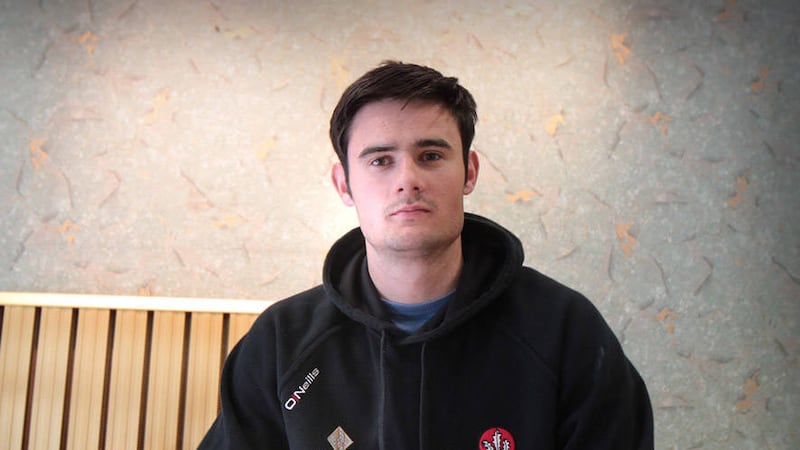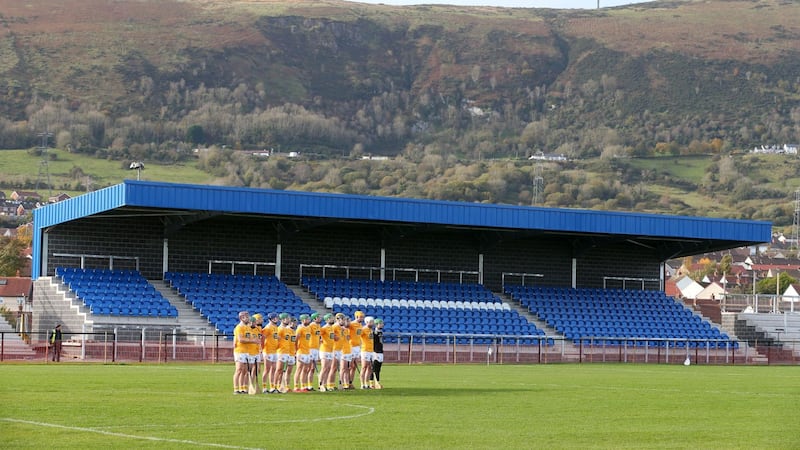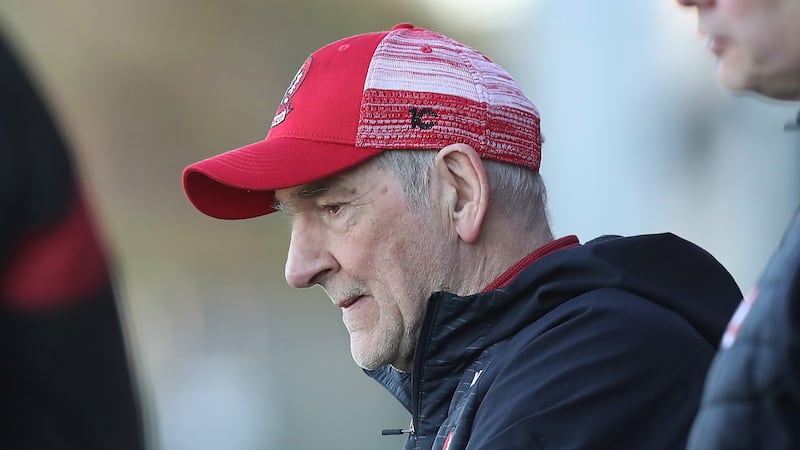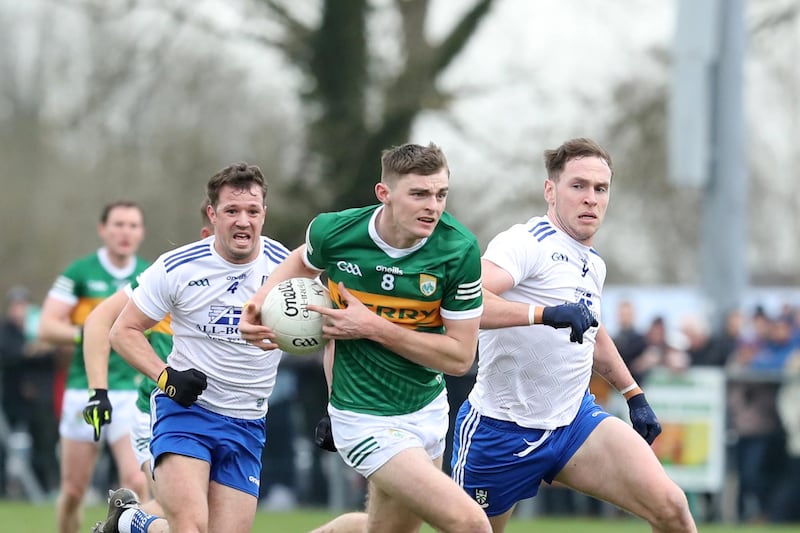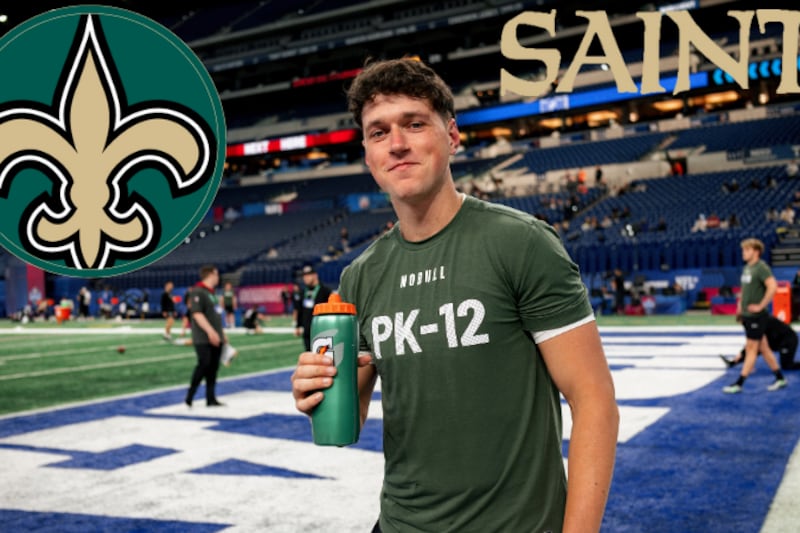FORMER AFL recruit Chrissy McKaigue is one of the few players who has returned from Australia and blossomed with his club and county. Paddy Heaney found out how the Slaughtneil and Derry footballer managed the transition and why he turned his back on a career in law...
Q: Is the defeat to Corofin in the All-Ireland club final out of the system, or will it ever be out of your system?
A: It was out of the system for me fairly quickly. Whenever you are beaten by that kind of margin, and by that quality of a side, it is not as hard to stomach as a one or two point defeat.
Let’s be realistic about it. We were probably carrying too many injuries going into the game. We kept that in-house quite well. The reality was that we couldn’t afford not to play those boys. We were beaten by a better side. No complaints. If we achieve the same next year, I will be more than happy.
Q: Moving to the county set-up, the reports would suggest Derry are going to stick with the defensive system which was used against Dublin and Cork.
A: I think the idea of us playing to a system is more prevalent than it has been in other years. You have to be honest, the reason why Donegal, and Dublin to a certain extent, have been so successful is because they have had a set system of play.
A set system of play breeds confidence. I know it maybe hasn’t been everyone’s cup of tea, but I think you have to acknowledge that not everyone can go out and play this brand of football which is reminiscent of Kerry in the '70s. You want to be competitive and, hopefully, the system of play we are going to play is going to make us competitive.
Q: Being pragmatic, given Derry’s lack of scoring forwards, and with players like yourself, Mark Lynch, Fergal Doherty, Kevin Johnston, Seán Leo McGoldrick and Enda Lynn – a defensive running game probably plays to Derry’s strengths.
A: The problem with playing the brand of football which we played in the National League last year was that it was very, very demanding. We were required to get big scores because we were conceding quite a bit, even though we were keeping the marquee men relatively quiet. The nature of the game was that it was end-to-end.
This year, we are still capable of getting those scores, but I think we have to be a bit more conscious of shutting the door at the other end. You see at the moment with Cavan, Monaghan and Donegal playing a more defensive system, they are still conceding 15 or 16 points. That shows you the quality of forwards in every county. You have to be pragmatic and realistic. We are not here to make up numbers. We want to try and win something like every other county. I think some of the media attention on this blanket defence has been a bit OTT.
Q: Your performances at centre half-back with Slaughtneil underlined that fact that you learned to be a man marker for Derry, but your natural position is in the half-back line. Niall Holly is expected to play full-back in the Championship. Are you looking forward to returning to the half-back line?
A: From when I started playing in 2012, the game has evolved. When I started playing in 2012, you were playing in a full-back line and there were three full-forwards and three full-backs. Now, it’s almost gone to the stage where, if you are man-marker or a stopper, you might be wearing number two, but you will just follow a certain danger man. You could end up playing at half-back. You might have a number on your back, but it’s about match-ups now.
For my club this year, I wore six for the majority of the year, but there were a lot of times when I was sharing playing centre half-back with Patsy Bradley. He would come to my man and I would drop off, or vice-versa. That’s just the way the game is going. The tactics are just smarter than they were years ago. People are saying that they wish Gaelic football is the way it used to be. But the game has evolved so much. It has become about match ups now.
In the game in Ballybofey, Justin McMahon was wearing six and Michael Murphy was wearing 14, but the both of them spent most of the game around midfield. You just have to go where you are sent. The number on your back means nothing. Look at Frank McGlynn against Tyrone. He was everywhere. That’s the natural evolution of the GAA.
Q: You spent a couple of years with the Sydney Swans. A lot of players who returned from the AFL have failed to live up to the expectations which have been thrust upon them. You are an exception. Can you explain why you think you have managed to make such a successful return to club and county football?
A: When you come back first, you listen to a lot of sledging. That is a prevalent thing. Maybe that gets to some people. When you go over at 18 or 19, you are not an established county footballer. I had only just established myself in the Derry team. Because of the League, I didn’t start many League games. I only got in for the Championship and it was tough to get into a good Derry side for the League final.
Some boys leave for Australia without ever tasting county football. When they come back, they think that they will come back in and dominate. That is just not the case. The quality of Gaelic footballers playing inter-county football now – these boys are professional.
I was lucky enough to go to the International Rules last year. We were playing against the crème de la crème of the AFL. The Australians were no fitter and no stronger than the elite Gaelic footballers. That is just the way the GAA has gone. It is professional without the money. Look at the centres of excellence, look at boys tailoring their jobs to get the best out of their careers. I think the reason some people haven’t done well when they have come back is because they have underestimated the standard of inter-county football.
Q: You were initially enrolled in a law degree at Queen’s University, you must have done well at school. How did you do in your A-levels?
A: I got three As and a B.
Q: Now, you’re a PE teacher at St Mary’s Limavady. With your qualifications you could have gone into a more lucrative profession. Is this another case of a player picking a job to suit his football career?
A: Lifestyle is so much more important. In my first year at Queen’s, I sat through a few lectures in law and I just thought to myself, ‘this is not for me.’ I found it quite mundane and boring. When I went to St Pat’s, Maghera I saw the good that the GAA can do. I also saw the lifestyle of some of the PE teachers in there. They were coaching and going to games and you could see how much they enjoyed it. When I was at Queen’s, I thought back and I said to myself: ‘That is something that is for me’.
The good thing about being a teacher is that you have more spare time and that time can be translated into family life or into your sporting life. Ultimately for me, a job should make you happy. I knew from the first couple of days at Queen’s that I wouldn’t be very happy sitting in an office nine to six, Monday to Friday, and I copped that on very quickly. I can safely say now that, when I wake up in the morning and go to work, it doesn’t feel like work.
Q: Your school has no tradition of competing successfully at Gaelic football, but one of your teams won a C competition recently.
A: Soccer is big in the area. All the GAA clubs in that area are junior clubs and Derry’s junior clubs struggle the most. It’s going to be a long, long road. But all you can do is try.
